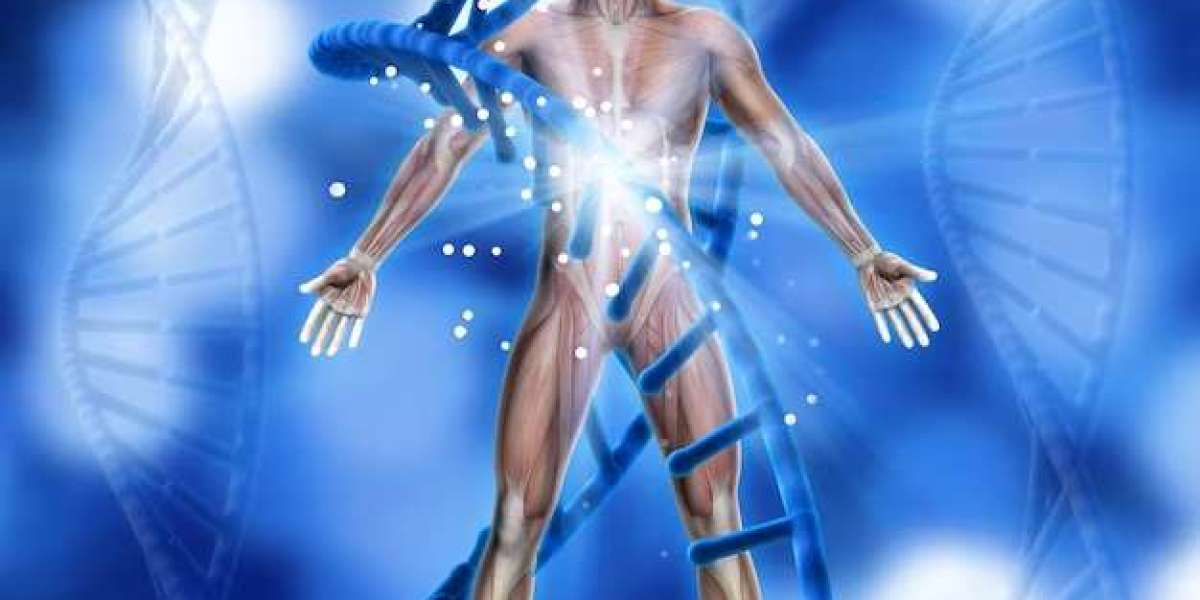The practice of donating organs has grown in popularity, and many families take comfort in the idea that a loved one's organs are giving life to someone else. While less well-known, the advantages of post-mortem dead body donation for the scientific and medical research community can be just as substantial in providing immense benefits for the medical fraternity.
Just as monetary donation is essential for research and education, donating a body after death enables the donor and their loved ones to carry on saving lives. Those who have consented to have their remains analyzed after death have made significant medical advancements possible. The process of donating a body to science after death is a noble act, and organizations that handle the sensitive process help the families to fulfill it.
Additionally, body donation after hospice care may save the costs associated with a regular burial. When a body is offered to science, the majority of organizations let cremation ashes be returned to the family at no cost.
Cadaver donations are needed more than ever in the modern world, but the rate of contributions is simply not keeping up with the demand.
Training Future Surgeons And Medical Professions
To learn anatomy, any medical student must dissect a human cadaver as part of their coursework. Authentic cadavers are used to let novice physicians see firsthand the individuality that exists among patients rather than relying on slides, diagrams, or other technical solutions. Every human body has certain similarities and some notable differences.
When they go into the field, this will greatly assist them. Cadavers are perfect for performing medical operations and aiding professionals in their human anatomy and bodily systems education. Due to their widespread use in the real world, common medical operations such as appendectomies and gallbladder removals must be practiced by students.
Doctors can witness a range of causes of death from the variety of corpses, which helps them better understand the impact of diseases on body systems and the stages that diseases go through as they approach the terminal phase.
In general, cadavers are considered an important part of medical education; at the end of each academic year at many medical schools, a ceremony commemorating the donated cadavers is performed so that the faculty and students can truly thank the donors for their services.
Diseases Research
Understanding and treating the symptoms of any disease that is now incurable, as well as identifying the body systems that have been compromised or penetrated by the disease and those that are resilient to it, all depend on studying cadavers that have the disease. The information helps researchers develop new strategies to battle the condition until it is finally defeated.
Cadavers are especially important for our understanding of neurodegenerative disorders like Parkinson's and Alzheimer's because these conditions are highly common and largely unknown. Understanding the mechanisms underlying these disorders requires the donation of cadavers and brains.
Who Is Eligible To Donate Their Body After Death?
Almost anyone can contribute their entire body. There is no mention of the maximum age. Even the most terminally ill may be eligible since researchers frequently need donors with certain illnesses or medical conditions.
While pre-registration is not necessary to donate a body, it may be beneficial to contact an organization in advance to ensure that the intentions of the deceased are recognized and that arrangements are carried out as soon as possible following their passing.
How Does One Go About Giving A Body?
To arrange for corpse donation, hospice social workers can help by getting in touch with a business such as United Tissue Network to determine eligibility either near the time of death or soon after.
Following the death of the donor or a family member, a representative will help the next of kin complete any required authorization paperwork and arrange for complimentary transportation.
The organs and tissue would be removed and given to medical researchers for analysis as soon as the body is received. This practice allows them to learn more about how the body functions as they develop new medical procedures and treatments.
A family may arrange for the return of cremated remains. This service is often provided to the family at no cost and can take three to twelve weeks to complete.
The decision to give your body for study affects not just you but your whole family as well. You must discuss your plan to donate your body with your immediate relatives. They can be really upset if they find out about your body donation just after you've passed away.
If your family knows about your legacy before you die, they will have more time to plan and a better chance of carrying out your desires. It's a good idea to inform your doctor, the assisted living home administration, and any other relevant caregivers of your plan to donate your body to science.
An organization employee can assist families and patients with making arrangements for body donation.
The organization understands that discussing death can be difficult. Still, we respectfully ask that you take a moment today to reflect on all the brave people who have donated their bodies to medical research and science and helped improve, protect, and enhance the quality of life on Earth.









